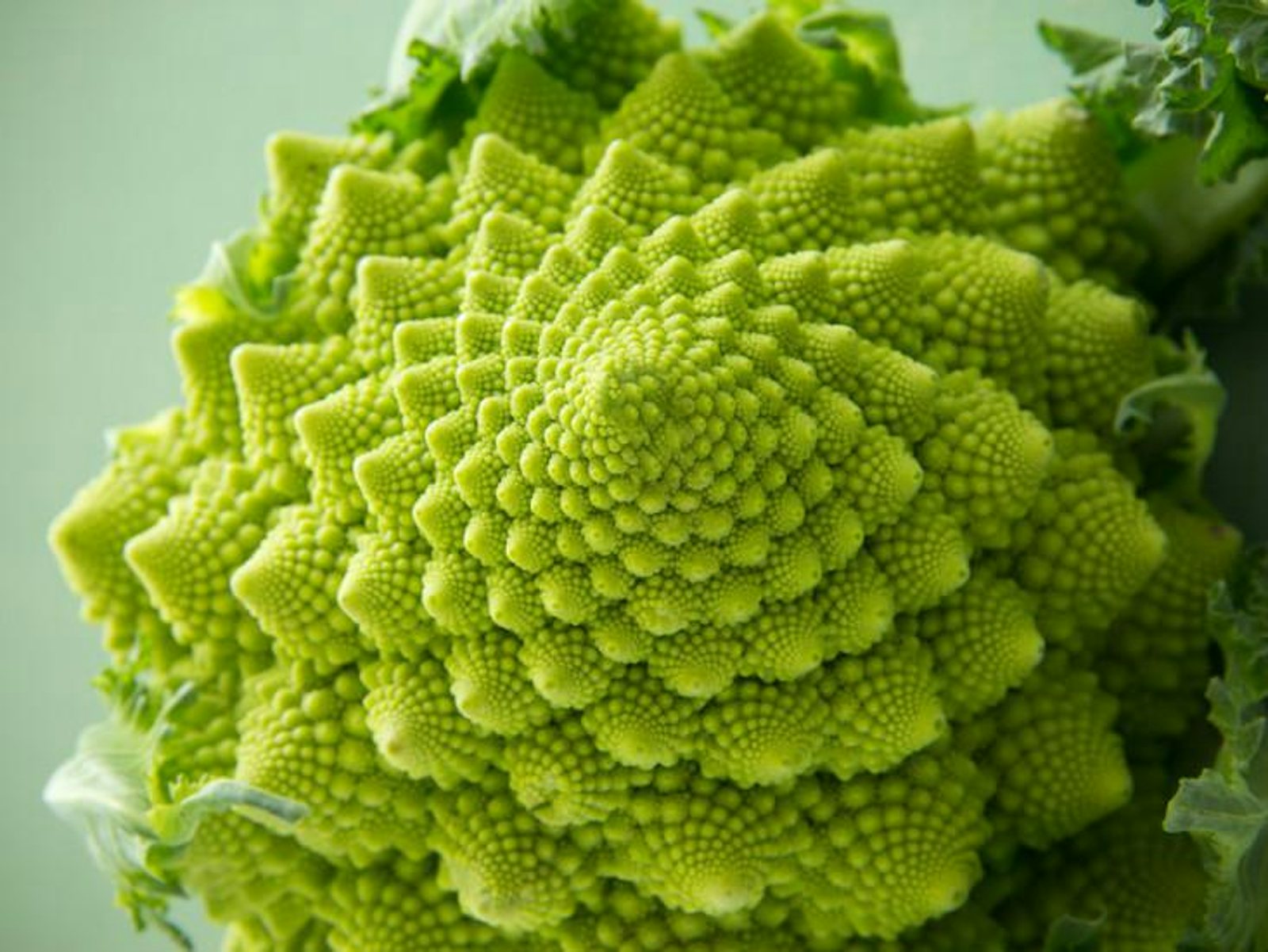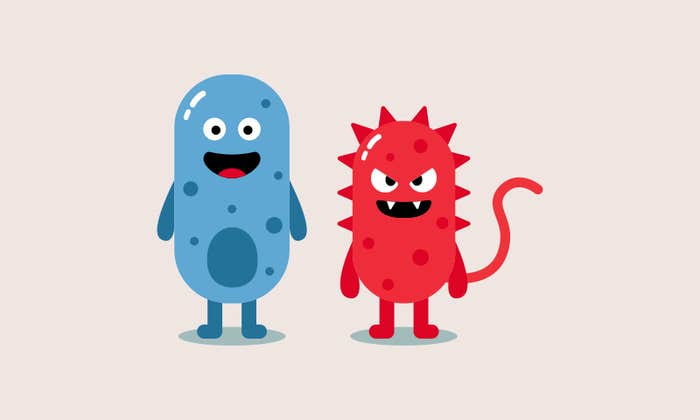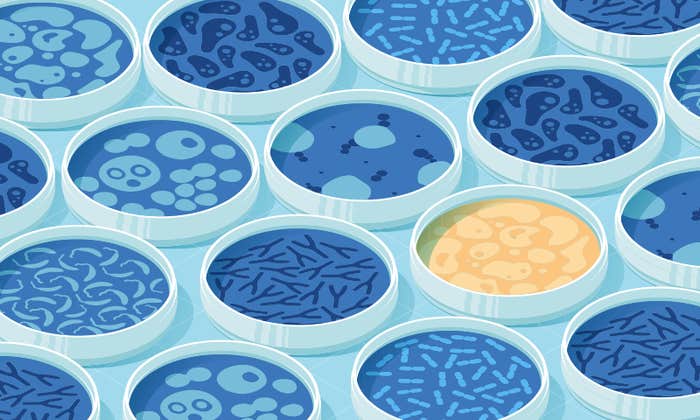When looking at the “Nutrition Facts” label on a package of food, the familiar Helvetica text laid out according to the FDA’s exacting specifications, you could easily end up with the impression that the information there is consistently accurate. That the can of minestrone soup will always have the same amount of sodium (a lot), and that the dried cranberries will continue to have the same amount of sugar (more than you’d think) from day to day. But a new study shows that some vegetables are not so boringly steady in the nutrients they contain. Even a one-inch circular disk of cabbage, cut out of a plant days a week, is still alive enough to produce different chemicals at different times of day.
The circadian changes are thought to be an evolutionary mechanism to ward off plant-chomping pests—and it works. In the study, researchers bought cabbage from a grocery store and exposed half of it to a normal day-night schedule, while exposing the other half to reversed dark-light cycle. Then they threw in a bunch of caterpillars, which voted with their mouths and preferred to eat leaves from the plant that had its day and night mixed up, like a passenger after an intercontinental red-eye flight. Cabbage has evolved to produce more glucosinolates—a kind of natural pesticide—during the day, when caterpillars do most of their eating. So the plants exposed to the reversed day-night schedule were making more glucosinolate at night, when it wasn’t as important.
The study isn’t just a neat example of evolution and a boon for those who hope plants one day become death-ignoring zombies. The glucosinolates produced by cabbage and its relatives—broccoli and cauliflower, including the Romanesco broccoli shown above—are known to be cancer-fighting chemicals. So if your fridge knew to turn on a light in your vegetable drawer during the day (something efficient, of course) it could potentially improve your diet. It’s not yet known how significant an effect this veggie-enhancement would have—the history of “miracle foods” fails to impress—so don’t go and install a light in your fridge hoping to become a human naked mole rat.
This is far from the first time that research has poked holes in the idea that our foods have a certain set nutrient make-up that is efficiently absorbed by our bodies. Obese people seem to have more of a class of gut microbe called firmicutes, which are more efficient at pulling calories out of food than other bacteria are. Cooking, also, seems to change the amount of energy we absorb from food. And it’s long been known that certain foods can promote or prevent nutrient absorption: Iron is absorbed better in the presence of vitamin C, vitamin A can interfere with the absorption of vitamin K, and so on. As much as we might like the ironclad certainty of the heavy letters on our food labels, nutrition just isn’t that simple.
Then there’s the giant question about whether the USDA’s nutritional recommendations are the right way to get people to eat healthily. But I’ll leave that can of worms for another time, when it might have more nutrients.
Amos Zeeberg is the digital editor of Nautilus and oversees Facts So Romantic. Find him on Twitter @settostun.


























